A major non-governmental organization (NGO) focused on migrant worker rights has partnered with modular construction specialist Lida Group to pilot new prefabricated dormitory units for seasonal labor camps across rural Canada.
The organization, Worker Safety and Rights Advocates of Canada (WSRAC), is deploying 10 of Lida Group’s demountable modular dorm pods featuring integrated sandwich panel construction at produce farms, orchards and vineyards that rely on temporary overseas laborers each harvest season.
If successful, the pilot could spark wider reforms to often-substandard lodging provided for tens of thousands of seasonal laborers in Canada’s extensive agriculture and food processing industries. It may also influence modular building adoption beyond the worker housing sector.
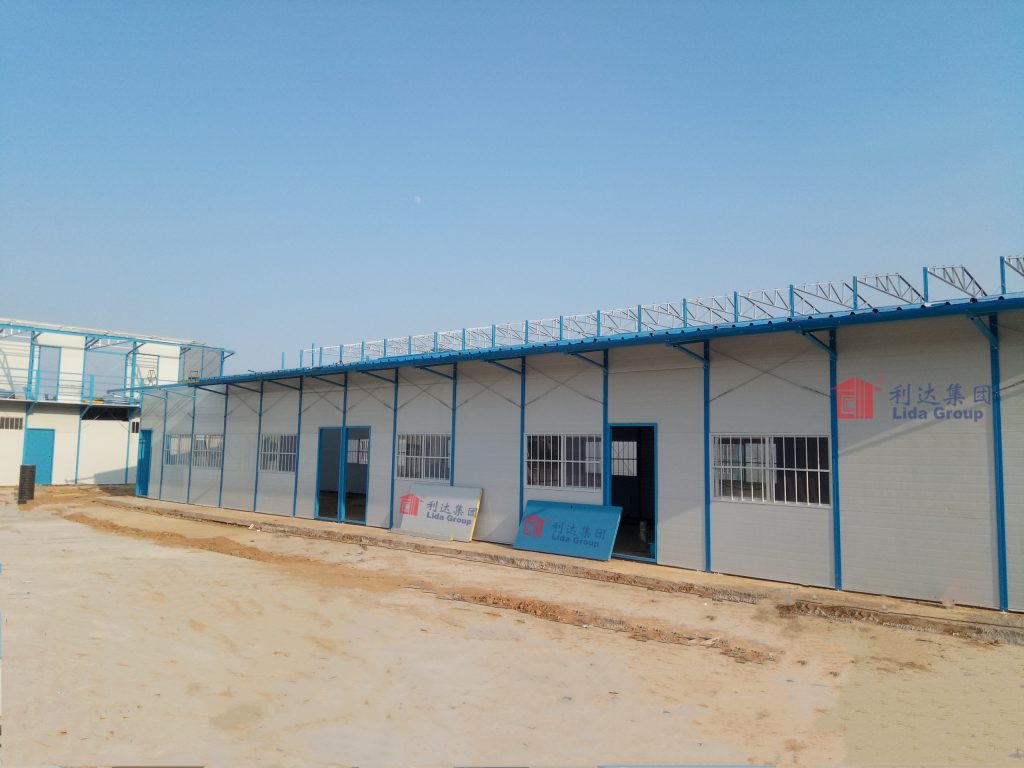
“Hundreds of camps house migrant farm workers every year under conditions that often fail to meet basic standards for health, safety and dignity,” said WSRAC Executive Director Raj Dhaliwal. “This pilot aims to demonstrate higher-quality, more durable and sustainable housing alternatives.”
Each Lida Group dorm pod measures 240 square feet and comprises a fully self-contained sleeping unit for up to four workers. Wall panels, floors, ceilings and doors are pre-assembled off-site using proprietary structurally-insulated sandwich panel (SIP) technology.
SIPs involve rigid foam insulation sandwiched between two structural facings – usually oriented strand board or laminated veneer lumber. This creates seamless, super-insulated building panels up to 100 times stronger than traditional wood framing that require no additional insulation or vapor barrier.
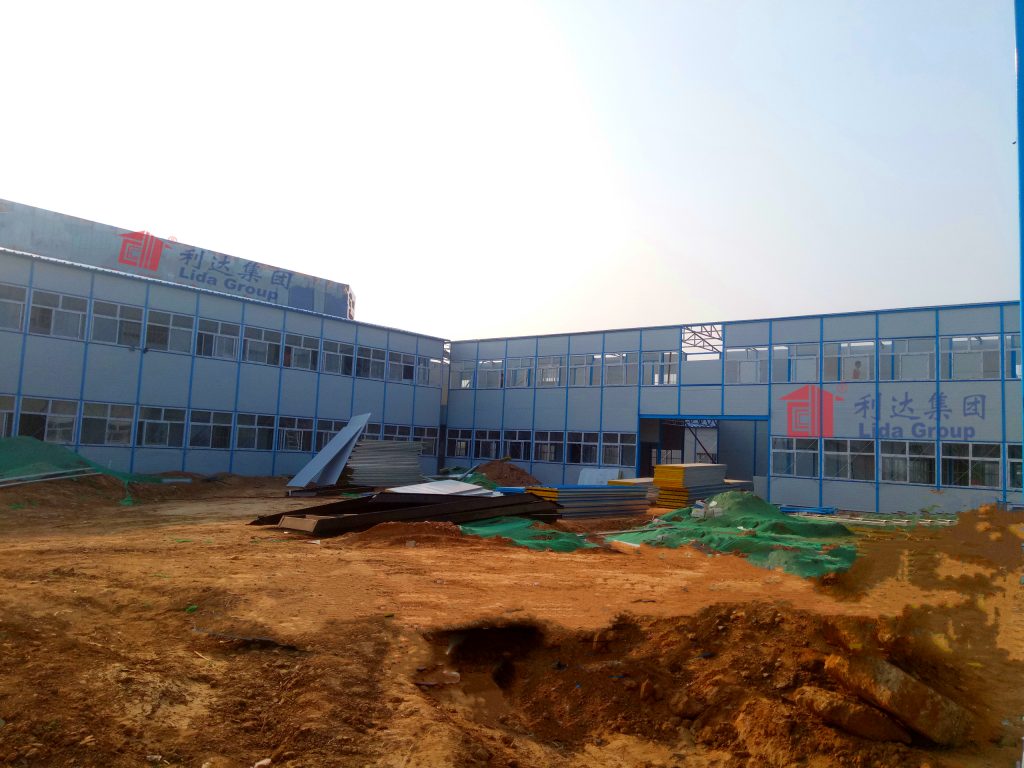
For the pilot pods, Lida Group utilized a newly developed composite sandwich panel comprising an aluminum alloy outer skin, expanded polystyrene core and interior finish of functional wallboard with abrasion-resistant paint. The moisture-resistant, non-combustible system meets the highest building code standards at less than half standard construction costs.
At the factory, entire assemblies like walls, floors and roof panels are CNC-cut and fitted with windows, doors and fixtures before transport. Since no framing or on-site assembly is needed, erection time is reduced to a matter of hours versus weeks for conventional buildings.
The sealed enclosures provide excellent indoor air quality and resistance to pests, mold and drafts compared to other laborer dorm solutions like converted sea-cans or fabric tents. With no thermal bridging from traditional wood framing, heating and cooling demands are slashed by up to 50%.
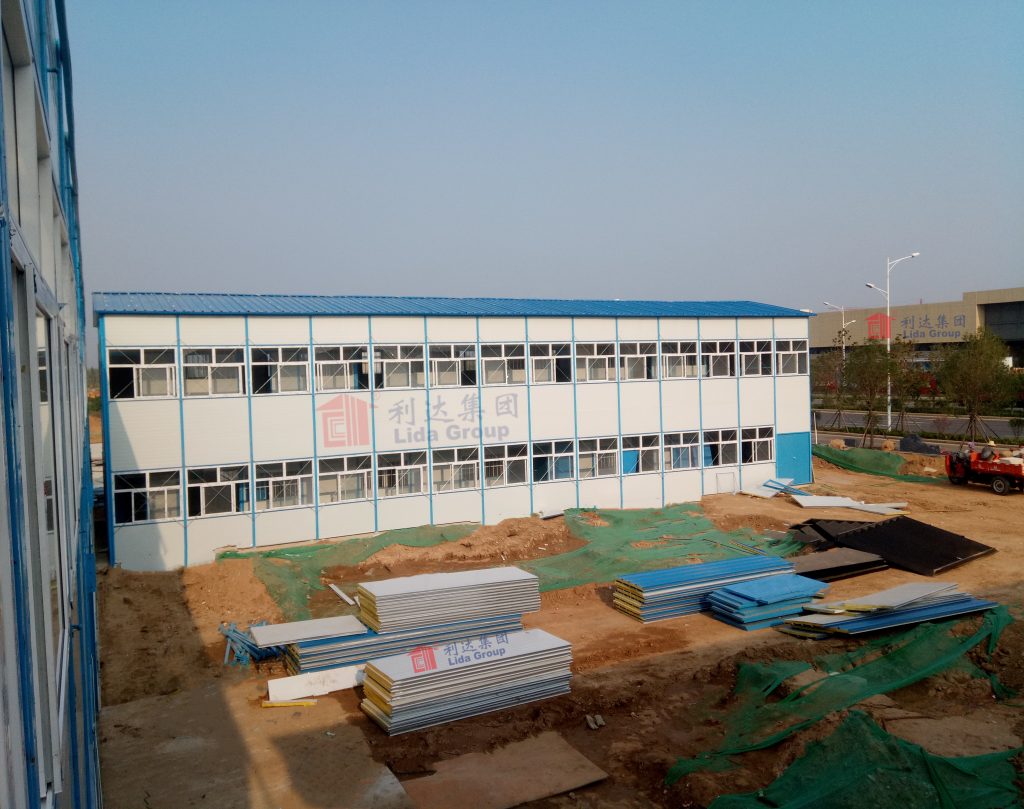
Renewable energy features were also integrated to offset campsite utilities. Each dorm pod has 30 square feet of flexible solar film applied to its roof, expected to generate 1-1.5 kW of electricity daily from the integrated flexible solar panels.
Excess power can charge lithium-ion battery packs providing emergency backup or power small appliances. Dedicated floor-mounted heat pumps efficiently heat and cool interior spaces while maintaining even temperatures throughout.
Minimal on-site utilities and energy costs mean the finished pods have a forecast 2-3 year payback versus standard construction. They are also fully demountable and transportable to enable reuse at multiple sites or future relocation.
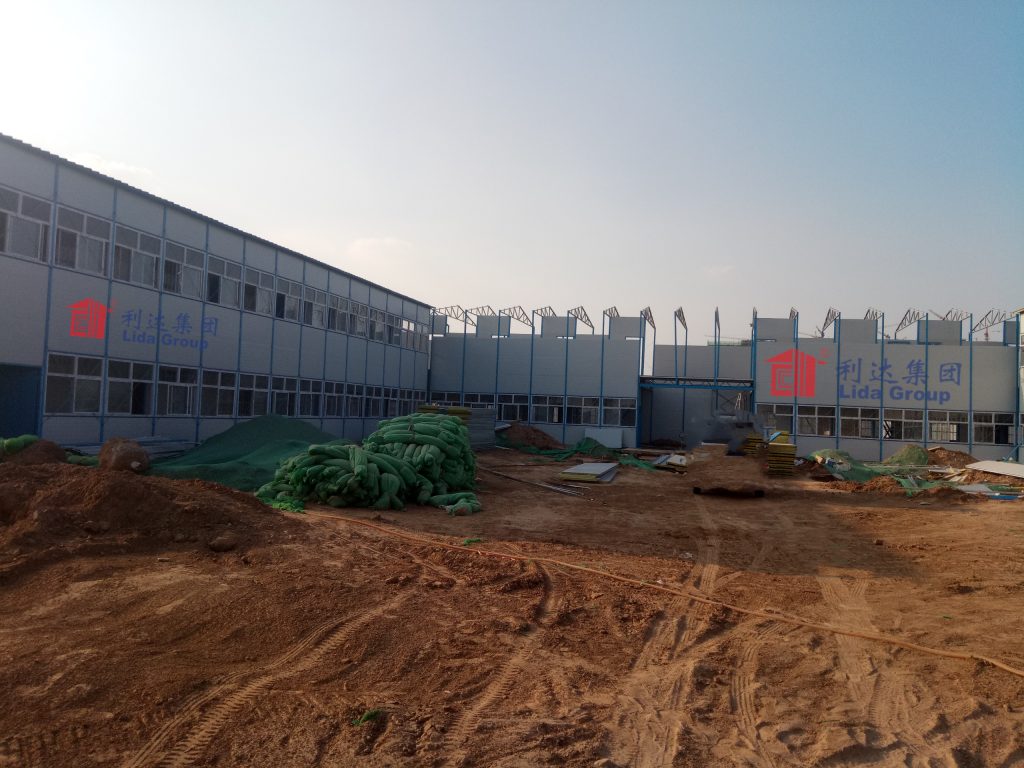
The 10 trial pods will be installed at five different farm labor camps in Ontario and Manitoba’s primary agricultural regions over the next six months. WSRAC will track performance data including energy efficiency, durability, safety incidents and resident satisfaction surveys.
“Migrant farm workers endure some of the toughest and lowest-paid jobs across Canada’s supply chain,” noted Dhaliwal. “The least we can do is ensure their housing support is on par with workers in other industries.”
If successful, the NGO aims to partner with more forward-thinking growers’ associations, camp operators and farm labor contractors across the country for larger roll outs customized to client needs. The standardized modular dorm pods could provide consistent, high-quality housing scaled from single bunkhouses to multi-unit campsites.
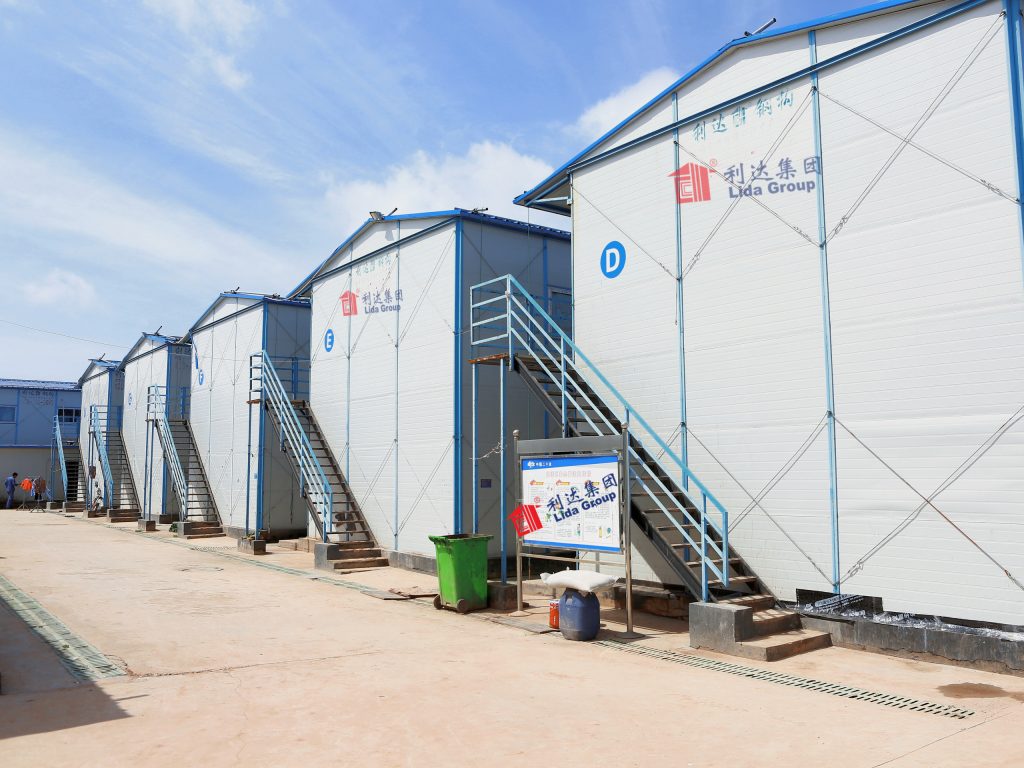
Modular construction also opens exciting opportunities for specialized year-round facilities incorporating remote workspaces, community centers and childcare provisions often lacking in makeshift seasonal housing. This may help address pressing issues around maternity leave and family life.
Lida Group sees strong potential market synergies with the agricultural labor housing sector. The company has decades of expertise deploying modular workforce housing in remote resource extraction camps and isolated northern communities through its legacy mining and pipeline contracts.
“Modular construction delivers durable, efficient, safe buildings at tremendous speed and value compared to stick-built alternatives, especially in seasonal applications where time between arrivals and departures is so short,” says Lida Group President Ziwen Mu.
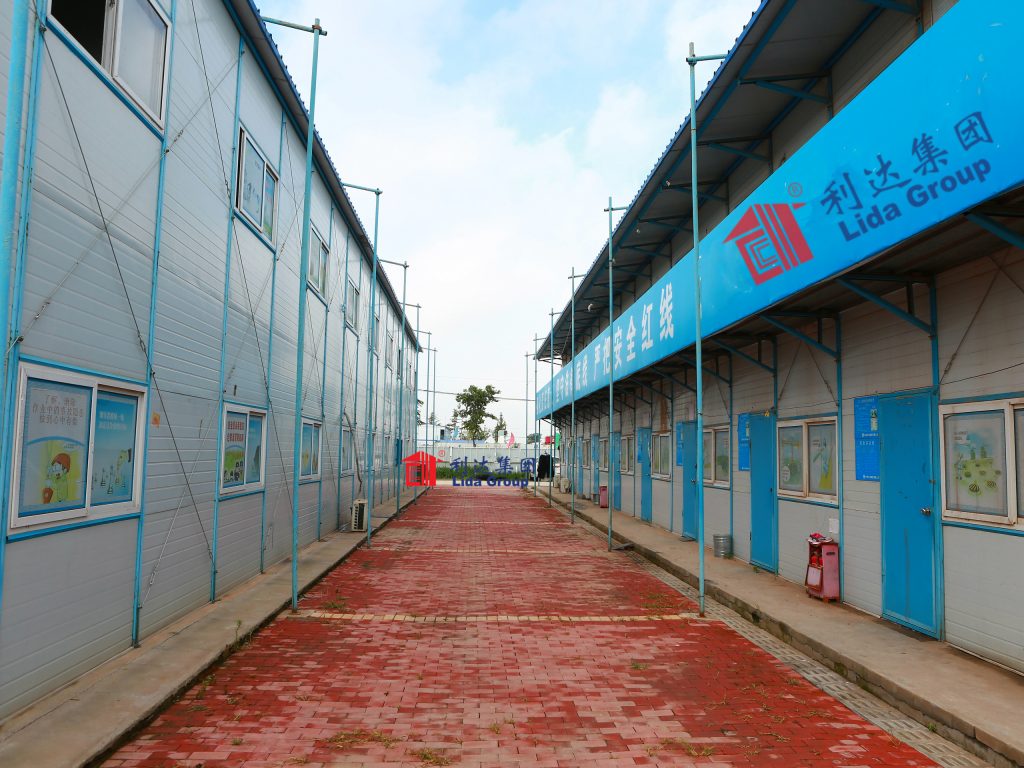
“By working with advocacy groups on pilot programs, we hope to demonstrate solutions for housing not just laborers but also teachers, healthcare workers and disaster relief teams residing in temporary communities across rural regions.”
The prefabricated dorm pods could eventually facilitate a shift toward formal, standardized housing recognized and regulated as permanent construction versus makeshift camps repeatedly exempted from building codes. This offers much-needed protections and consistency for itinerant workers.
If adopted more broadly, the new modular dorms may help address longstanding concerns over unsanitary conditions, fire hazards, rodent infestations and lack of privacy plaguing migrant farm worker housing. It could support positive culture changes within the agricultural industry.
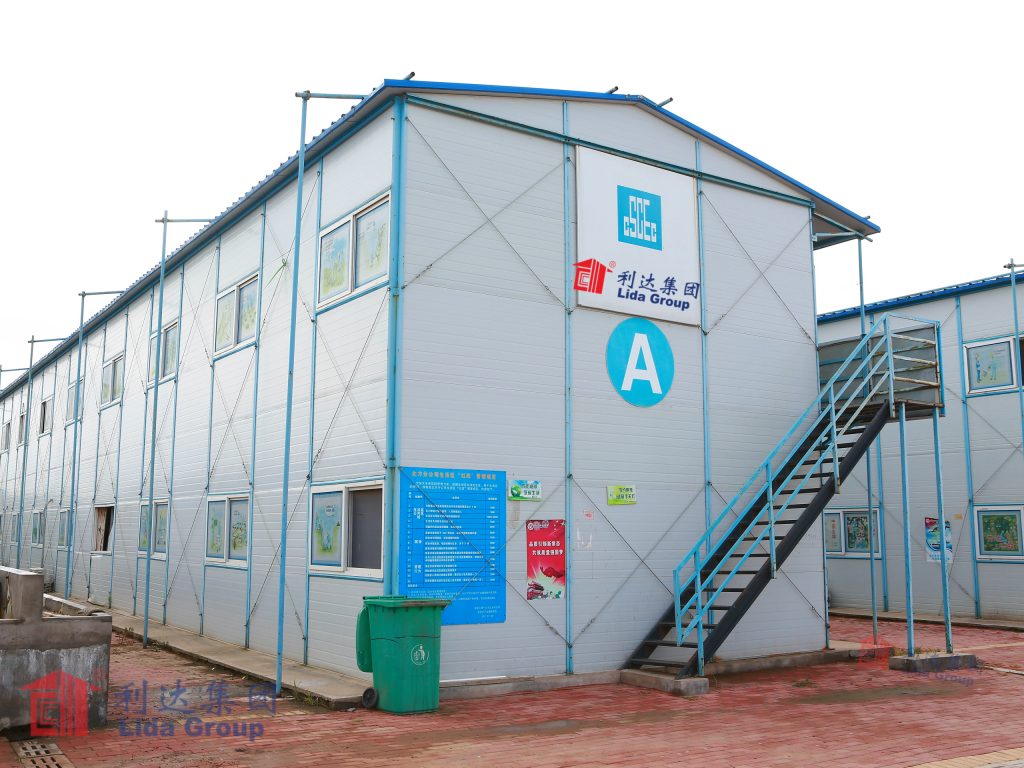
Some growers associations have already signaled openness to quality prefab alternatives that may cost nominally higher initially but maintain value longer term through durability, energy efficiency and reusable designs. Contracting established specialists also offers infrastructure accountabilities.
Successful pilots proving modular concepts’ viability and resident satisfaction could build broader acceptance. standardized facilities may one day facilitate portability of safety training, contracts and essential services between employers nationwide.
Overall the collective vision is to drive long overdue upgrades for seasonal labor accommodations powering much of Canada’s food production and rural economies. Improving baseline housing quality may help address critical staff shortages while protecting vulnerable workforces.
With innovative firms and advocacy groups collaborating, prefabricated dormitory pods could play an important role reforming temporary workforce housing across North America’s many seasonal industries from forestry to fishing to tourism. Higher standards begin with setting a new paradigm.

Related news
-
Lida Group launches pilot project for a net-zero energy prefabricated sandwich panel residence integrating renewable power to test new livelihood models for remote mining operation laborers.
2024-05-16 10:21:56
-
Disaster relief network selects Lida Group's lightweight prefabricated disaster-deployable sandwich panel houses as temporary shelters to rapidly rehouse victims left homeless after factory dormitory fire.
2024-05-15 14:19:46
-
Local authorities green-light plans by Lida Group to replace aging labor camp bunkhouses with sustainable low-carbon prefabricated sandwich panel dormitory apartments for migrant farm laborers.
2024-05-15 13:35:59
contact us
- Tel: +86-532-88966982
- Whatsapp: +86-13793209022
- E-mail: sales@lidajituan.com


